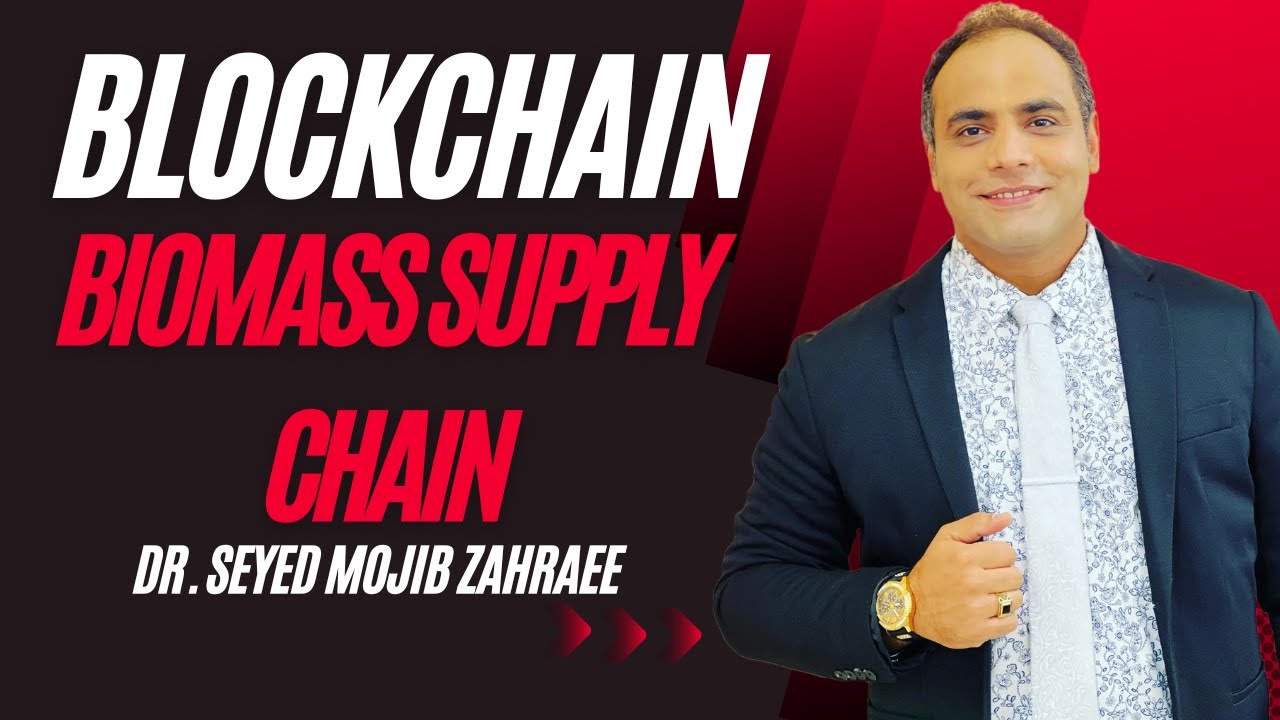
Blockchain technology has emerged as a disruptive force in various industries, including the energy sector. Its potential to revolutionize the way transactions are recorded and verified has led to increased interest in its application in the field of renewable energy education. In this article, we will delve into the impact of blockchain on future renewable energy education and explore the opportunities and challenges it presents.
Before we discuss the role of blockchain in renewable energy education, it is essential to understand the basics of this innovative technology. Blockchain is a decentralized, distributed ledger that records transactions across a network of computers. Each transaction is securely encrypted and linked to the previous one, forming a chain of blocks. This immutable and transparent nature of blockchain ensures the integrity and security of data.
One of the key benefits of incorporating blockchain in renewable energy education is the enhanced transparency and traceability it offers. By using blockchain technology, educational institutions can securely record and verify the credentials of students, ensuring the authenticity of their qualifications. This transparency can help in combating fraud and ensuring the credibility of educational certificates.
Blockchain’s decentralized nature makes it highly secure, as data is stored across multiple nodes in the network. This feature is particularly crucial in the context of renewable energy education, where sensitive information such as research findings and student records need to be protected from unauthorized access. By leveraging blockchain technology, educational institutions can enhance the security of their data and mitigate the risk of cyber threats.
Another significant aspect of blockchain in future renewable energy education is its potential to facilitate peer-to-peer transactions within the academic community. Through smart contracts, students and educators can engage in direct transactions, such as the exchange of academic resources or the payment for educational services. This disintermediation of traditional financial processes can streamline transactions and reduce associated costs.
Blockchain technology can also empower the development of decentralized learning platforms that offer personalized educational experiences to students. By leveraging blockchain-based credentialing systems, students can access a diverse range of courses and certifications tailored to their individual learning goals. This decentralized approach to education promotes inclusivity and accessibility, enabling students from diverse backgrounds to access quality learning resources.
While the potential benefits of blockchain in renewable energy education are vast, there are also challenges and considerations that need to be addressed. Scalability and interoperability remain key concerns, as blockchain networks need to support a growing number of users and applications while ensuring seamless integration with existing systems. Additionally, regulatory frameworks and data privacy regulations may pose obstacles to the widespread adoption of blockchain in educational settings.
Addressing regulatory barriers is essential to the successful integration of blockchain in future renewable energy education. Educational institutions must collaborate with policymakers and regulatory bodies to develop frameworks that govern the use of blockchain technology in a compliant and ethical manner. By establishing clear guidelines and standards, the industry can ensure the responsible deployment of blockchain solutions in educational settings.
In conclusion, the role of blockchain in future renewable energy education is poised to transform the way knowledge is created, shared, and accessed. By harnessing the power of blockchain technology, educational institutions can enhance transparency, security, and efficiency in their operations. While challenges exist, the potential benefits of blockchain in renewable energy education are significant, paving the way for a more inclusive and innovative learning environment.